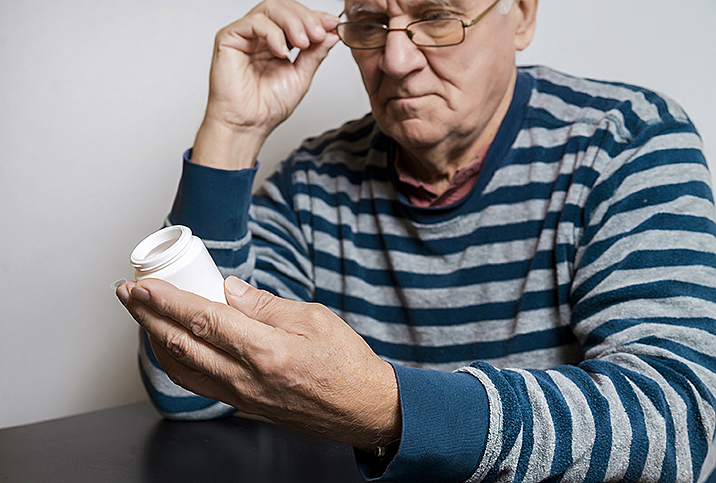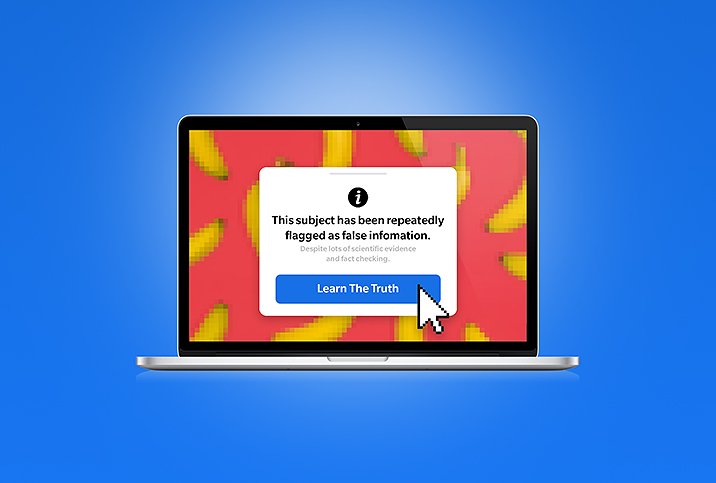How Sugar Intake Influences Mood Regulation and ED

Who doesn't love some sweet stimulation? All around the world, sugar is a favorite item in the kitchen cabinet. Unfortunately, your sugar habits can get in love's way both emotionally and physically. Eating too much (or too little) sugar without compensating in other areas of your life, such as exercise, can impact your health and even lead to erectile dysfunction (ED) or disruptions to your personal life in the form of mood alterations.
The link between blood sugar and ED
High or low blood sugar and diabetes are well-documented as contributors to ED. While it's incorrect to simply say sugar causes diabetes, it is true that sugar intake—especially in combination with an inactive lifestyle—can lead to obesity and other health issues, which may contribute to the development of type 2 diabetes.
Daily sugar consumption can also affect erectile performance as it is connected to adverse effects in the body. Heart disease, hyperglycemia and various complications relating to the brain, circulatory system and organs are linked to overconsumption of sugar.
The problem is that erectile dysfunction can manifest even before the diagnosis of the above conditions. The quick rush people get from eating processed sugars wreaks havoc on the body in both the short and long term. Not only is that process exhausting for the body—leaving little energy for physical activity in the form of sex or other exercise—but consuming too much sugar also confuses the body's natural processes and messes with mood in many ways that might impact erectile performance.
The psychology of sugar and mood
The extreme highs and lows of sugar consumption can create disturbances in the mind as well as the body. One of the obvious connections is, again, diabetes, which is linked to increased risk of depression, anxiety and a host of other conditions. But the link between mental health and sugar intake doesn't end there.
Glucose consistency is a major factor in managing day-to-day mental health or various mood disorders. This is partially because glucose, which is a form of sugar, is essential to brain function and energy maintenance.
The phrase "mind over matter" is often used in a way that minimizes how draining daily mental efforts can be. When we deal with stressors, whether they originate from internal or external conflicts, the mind becomes disproportionately taxed compared with times when we can maintain an at-ease mindset in optimal living conditions.
This is where the vicious cycle of sugar intake and mood challenges can kick in.
The harm in habit-forming diets
Moderation is the key when it comes to everything from drug and alcohol use to exercise, so it makes sense that sugar intake shouldn't pose too many risks if enjoyed in moderation. The trouble starts when excessive sugar consumption is a constant part of life.
Sure, sugar requirements vary for people across different lifestyles, from athletes to sedentary folks. Low blood sugar levels can cause problems in erectile performance and mood just like excessive sugar consumption can.
Evaluating your diet and habits may be a good place to start if you want to resolve issues with ED or mood, but availing yourself of doctors, dietitians, psychologists or other mental health professionals is much more likely to yield positive results than going for it on your own.
Factors to think about
If you're experiencing inconsistencies in your mood, emotions or sexual performance, there's a good chance sugar isn't the only possible culprit. Erectile dysfunction and mood management are intrinsically connected, and sugar is just one of the daily factors to consider.
You can make tweaks to your high-sugar diet by substituting processed sugars—and foods made with them—with less harmful sweeteners. Again, everybody has different dietary needs. It's best to consult a professional (ideally with comprehensive blood work results available) to determine just how much sugar and alternative sweeteners can hurt or benefit your diet.
Mood and emotional issues may require work with a mental health professional, but by coordinating those efforts with your physician, you can increase your chances of positive results. Sexual health issues often arise from a combination of health practices and lifestyle choices, so ED might be a sign of undiagnosed health problems.


















